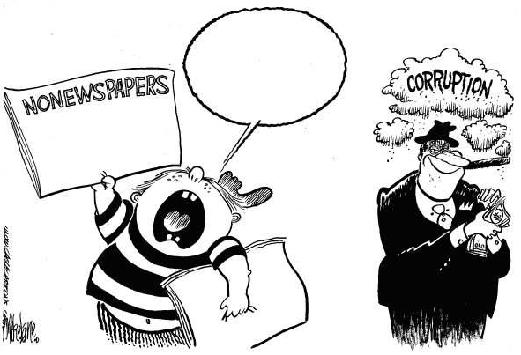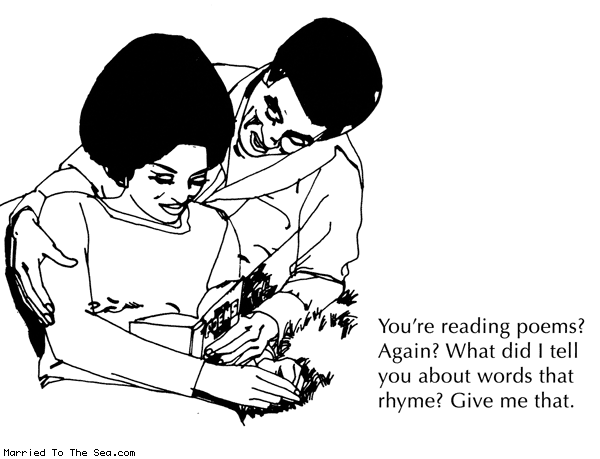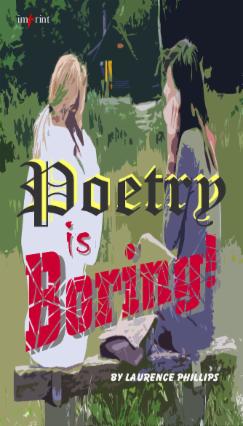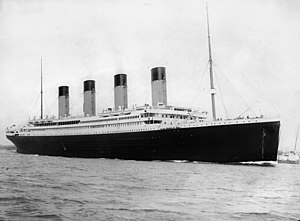Personification and Allusion in "The Sieve and the Sand".
One of the most interesting
personifications of the novel is:
·
This quote is a personification
because it is impossible for trains to vomit; so Bradbury is giving human or
living things´ characteristics to this object. However, this quote is also a
metaphor; because the loud noise overwhelms the protagonist. In this way, he
compares all the horrible sounding radio with vomit and metals because the
sound, as metals, was heavy.
With this quote, I noticed that
Montag was becoming a stranger to the civilization in which he was living; the
high sound of the propaganda and the TV parlor overwhelmed him and he preferred
the silent and slow world of books.
The last figure that is going to be
studied is the allusion. Bradbury uses this figure of speech in a high rate in
Fahrenheit 451. In the second part of the book, he alludes to Plato´s Cave
Allegory when he says “Half out of the cave” (Ignorance=Cave, Knowledge=Sunlight) or the people running in the eruption of the Vesuvius
Volcano to compare, in a simile, how Mildred ran, as well as the mouth of this volcano which works as a metaphor of the TV parlor; the Cheshire smiles of the
ladies, alluding to fictitious cat smiles in Alice in Wonderland or, in many cases,
the merchant of Venice of William Shakespeare. Allusions are, in my opinion, a
way to enrich the beautifulness of any literary work with the beautifulness of other writers´ works.
 |
| Allusion to how Mildred ran to receive her friends. People run from the eruption of Mount Vesuvius. |
 |
| Metaphor (The mouth of the volcano is the TV parlor: Where ideas "die") Allusion to the Mouth of Vesuvius Volcano. |
 |
| Allusion to the ficticious smile of the Cheshire cat in Alice in Wodnerland. It stablishes that the ladies had ficticious smiles. |
Finally, I conclude that the
Figures of Speech are one of the most important aspects that a writer has to
take into account in order to write his/her work; because, if they don´t include
them, their works will not have enough literary richness and they will run
through us as a stream of insipid and tasteless words without quality or texture, as Faber said once.
























.jpg)

.jpg)




